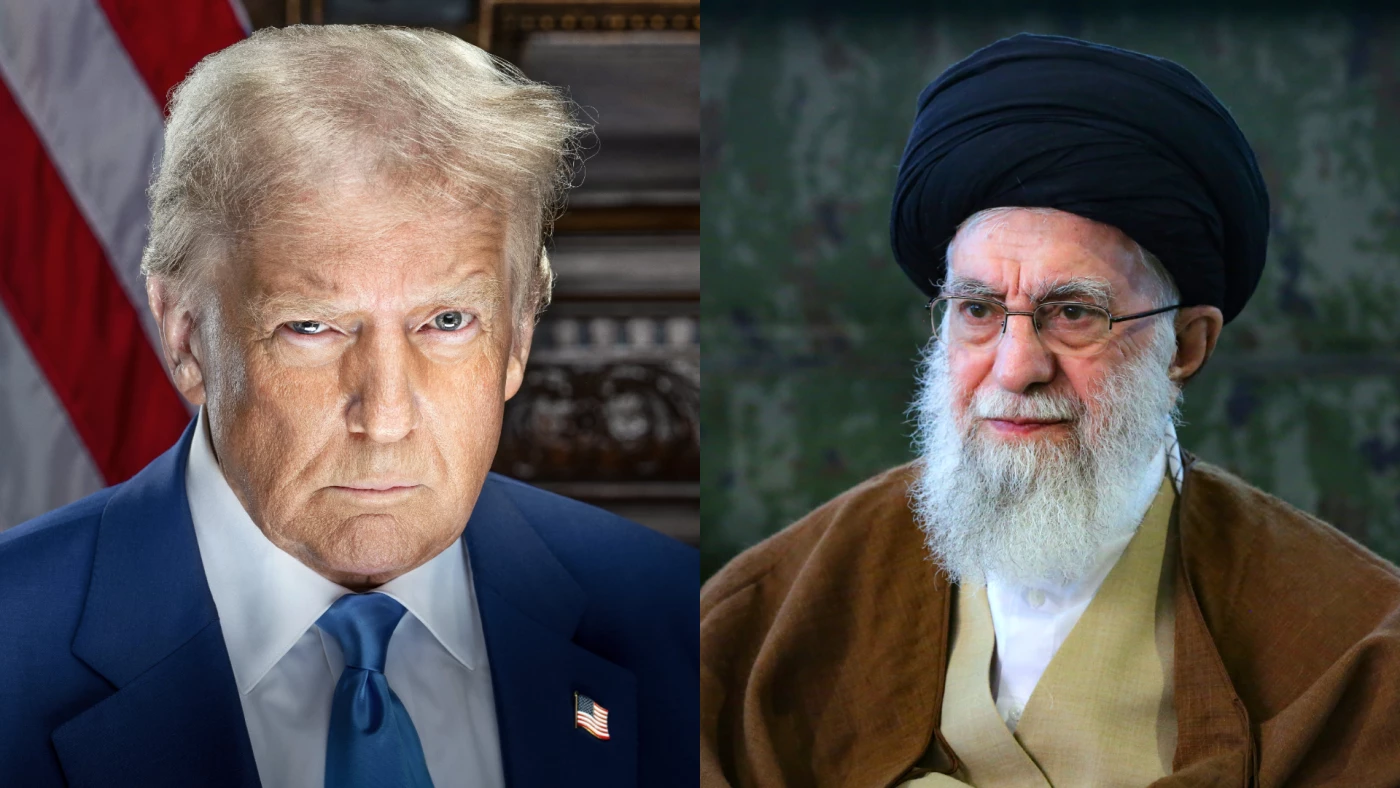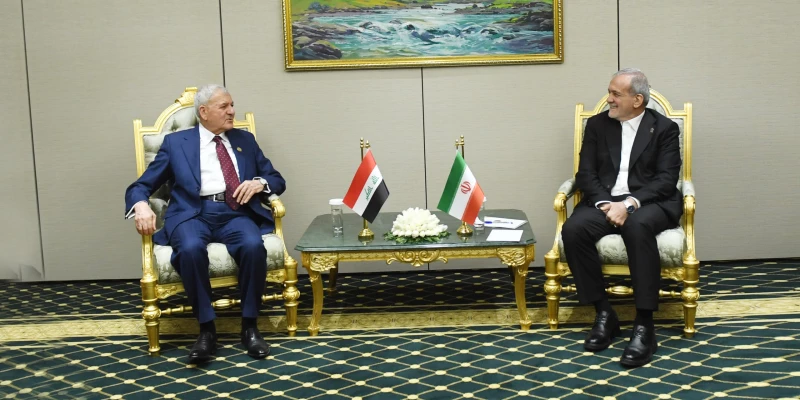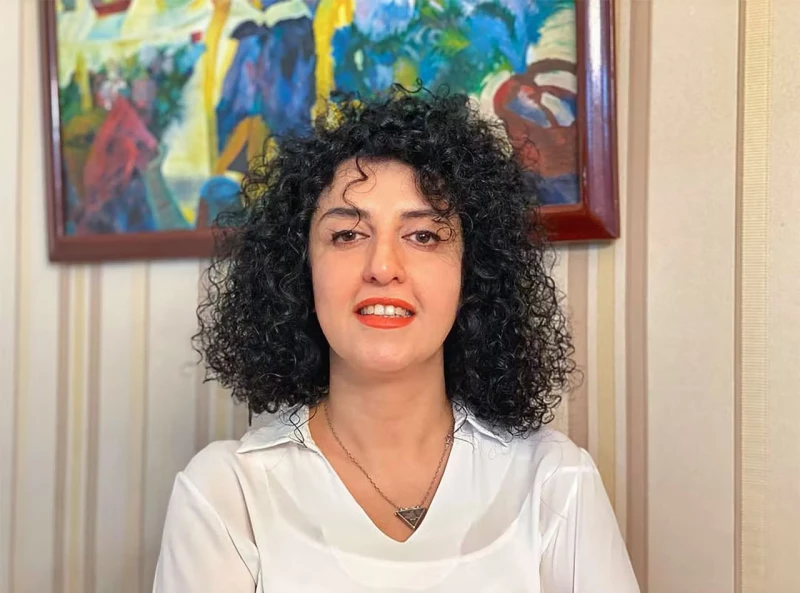ERBIL, Kurdistan Region of Iraq - United States President Donald Trump on Friday said he has sent a letter to Iran’s Supreme Leader Ayatollah Ali Khamenei, asking him to engage in nuclear negotiations. Tehran has denied receiving such a missive yet.
In an interview with Fox Business Network, a clip of which was released on Friday, Trump said that he has written to the Iranian leadership, pressing them for talks over the nuclear issue, warning that the other alternative would be a military intervention.
“There are two ways Iran can be handled: militarily, or you make a deal. I would prefer to make a deal… I've written them a letter, saying I hope you're going to negotiate because if we have to go in militarily it's going to be a terrible thing for them,” said Trump, adding that he sent the message to Khamenei the day before.
“I said I hope you're going to negotiate, because it's going to be a lot better for Iran. And I think they want to get that letter. The other alternative is we have to do something because you can't let them have a nuclear weapon.”
Shortly after Trump’s comments were made public, Iran’s mission to the United Nations said that they “have not received such a letter so far.”
Khamenei has previously stated that he does not support negotiations with the Trump administration because he does not trust Washington.
“You should not negotiate with such a government, it is unwise, it is not intelligent, it is not honorable to negotiate," said Khamenei in February, saying that the US “ruined, violated, and tore up” the 2015 nuclear deal. “No problem will be solved by negotiating with America.”
During his first term in 2018, Trump unilaterally withdrew from the Joint Comprehensive Plan of Action (JCPOA), also known as the Iran nuclear deal – an agreement between Tehran and world powers to curb Iran’s nuclear program in return for sanctions relief. Subsequent attempts at reviving the deal have failed to yield results.
Iranian Foreign Minister Abbas Araghchi last month said that he will not deny “the possibility of a new [nuclear] deal or a new round of negotiations” with Washington, but stressed that “now, there is much more mistrust between us.”
In February, Trump signed a memorandum restoring his “maximum pressure” policy against Iran and detailing a series of new economic measures against the Islamic republic.
“The lifting of sanctions requires negotiations, but not within the framework of a ‘maximum pressure’ policy, because it would not be a negotiation but a form of surrender,” Araghchi added.



 Facebook
Facebook
 LinkedIn
LinkedIn
 Telegram
Telegram
 X
X


